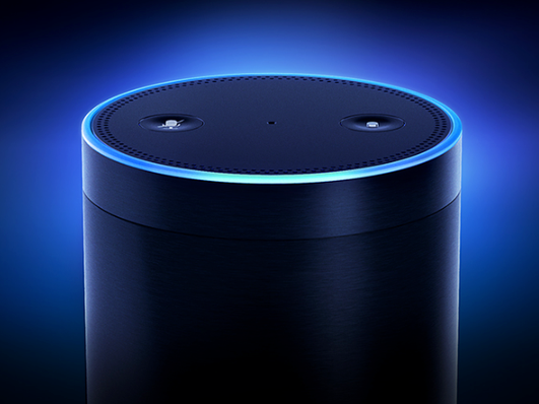Yes. Our biggest fear. We think about it, but sometimes we don't remember how drastic it would be. The robot revolution, robot apocalypse, dawn of the robots, AI takeover - whatever you want to call it. Let's stop and think for a second. 100 years ago, cars were just starting to be mass-produced. 50 years ago, the world's first computers came out. And they were big I tell you. The we started creating printed circuit board, and before you knew it, the 80's arrived where there was a huge influx of new technology and gaming machines. Then it was the 90's. What a beautiful time when the internet first developed. Then we had these modern technologies develop. iPhones, touchscreen laptops, Bluetooth technology, and then AI. I mean, sure, robots have been with us for a while, but now we have robots that can outsmart humans. A robot defeated the world champion of chess 20 years ago. Then we have IBM Watson. Now there's Amazon Alexa and its competitors. The list goes on.
 In some places, however, jobs are still rising. The healthcare industry, the engineering industry still rely heavily on human labor, as some things a robot just can't do. With the global population rising, there is a need for more nurses, physicians to be hired. Also, people are more motivated to create new technology, which hires more jobs. These AI developments could save more lives and make things safer like cars.
In some places, however, jobs are still rising. The healthcare industry, the engineering industry still rely heavily on human labor, as some things a robot just can't do. With the global population rising, there is a need for more nurses, physicians to be hired. Also, people are more motivated to create new technology, which hires more jobs. These AI developments could save more lives and make things safer like cars.
One problem is the risk of malfunctioning. Once we rely too much on these robots, etc, a small bug could easily destroy everything. If the electrical system in a car is ruined, then you have a lemon in your hands. Safety is definitely compromised. These 'smart' technologies can be completely trusted.
 With this change, people are requiring more and more education. People who have high school degrees just can't compete these days. The demand for higher-level jobs is growing and people are investing more and more in college educations. It really doesn't help that education costs are rising, and quality is deteriorating in many places. Ugh! Frustrating is it not?One analyst says that 38% of jobs would be overrun by robots within 20 years.
With this change, people are requiring more and more education. People who have high school degrees just can't compete these days. The demand for higher-level jobs is growing and people are investing more and more in college educations. It really doesn't help that education costs are rising, and quality is deteriorating in many places. Ugh! Frustrating is it not?One analyst says that 38% of jobs would be overrun by robots within 20 years.
We really can't stop this automation and AI development, but there are ways to curb the negative effects. Let's just hope we don't have a situation like in Wall-E where robots take over everything and turn humans into lazy fatsos.
http://money.cnn.com/2017/09/15/technology/jobs-robots/index.html
http://money.cnn.com/2017/03/24/technology/robots-jobs-us-workers-uk/index.html
https://gizmodo.com/robots-are-already-replacing-human-workers-at-an-alarmi-1793718198
http://www.latimes.com/business/la-fi-pwc-robotics-jobs-20170324-story.html



Comments
Post a Comment